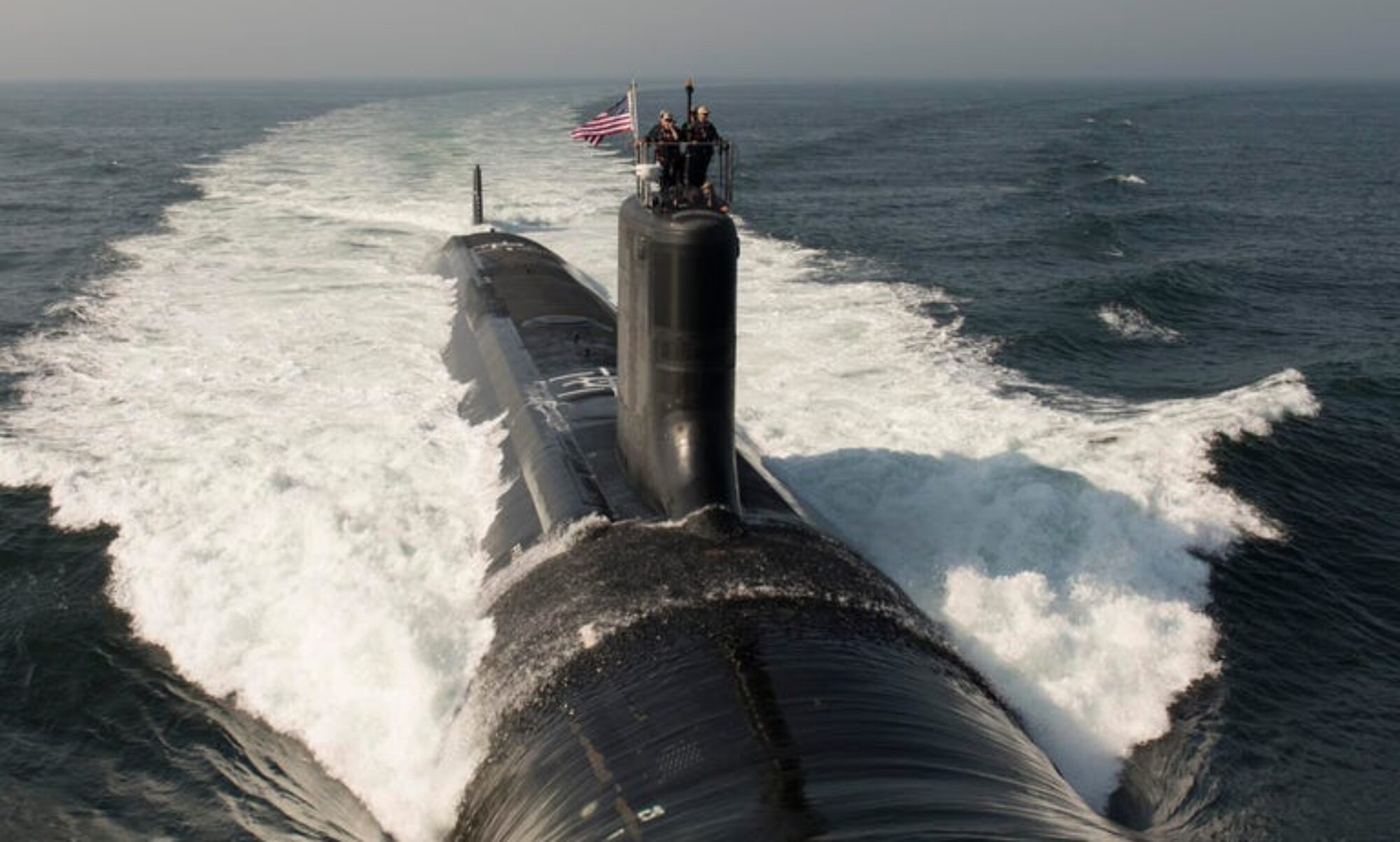History of Non sibi sed patriae is the Latin phrase commonly known in the U.S. Navy means “not self, but country.”
The phrase “Non sibi sed patriae” has a long history and has been used by various organizations and individuals over the years. In the United States, it is most commonly associated with the Navy and is often used as a motto or guiding principle for sailors and officers.
The origin of the phrase can be traced back to ancient Rome, where it was used as a motto for various military units. The phrase translates to “not for self, but for country” and embodies the idea that soldiers should be willing to put their own interests aside in order to serve their country and protect its citizens.
In the United States, the phrase “Non sibi sed patriae” first gained widespread use during the Revolutionary War. It was used by a number of military units, including the Continental Army, and became a popular motto among American soldiers and patriots.
Over time, the phrase became closely associated with the Navy and is now often used as a guiding principle for sailors and officers. It reflects the Navy’s core values of honor, courage, and commitment and serves as a reminder that the ultimate goal of any sailor or officer should be to serve their country and protect its interests.
Today, “Non sibi sed patriae” remains an important part of the Navy’s heritage and culture. It is a reminder of the sacrifices that sailors and officers have made in service to their country and serves as a symbol of the Navy’s commitment to upholding the highest ideals of duty and honor.

